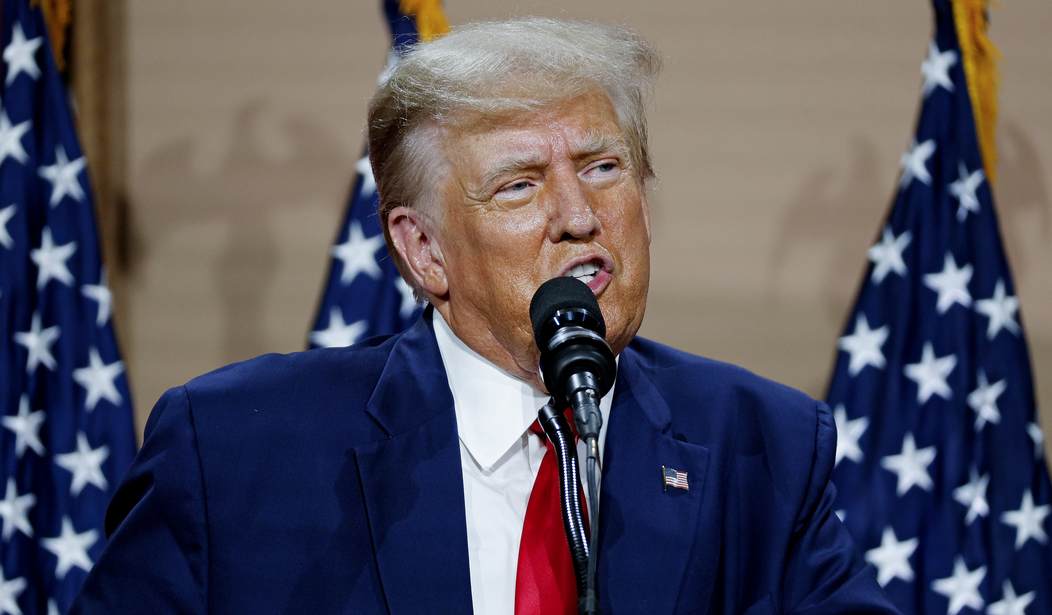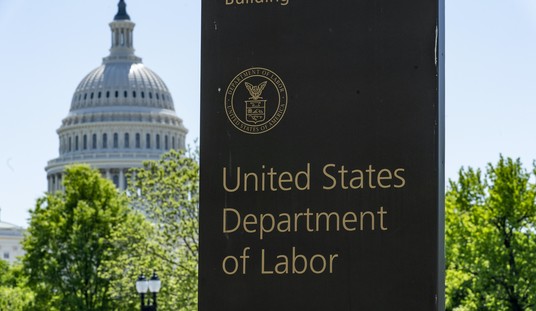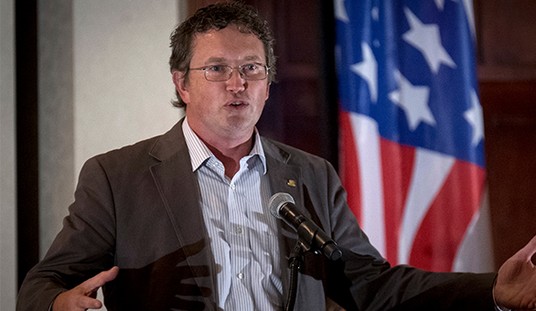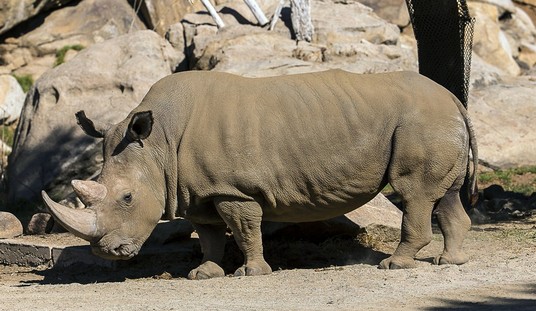In a bombshell decision that was released on Tuesday evening, the Colorado Supreme Court ruled in favor of a partisan group of plaintiffs and determined that former president Donald Trump was not eligible to be on the presidential ballot in Colorado next year.
The ruling was a stunning decision in which a group of four judges (out of seven) decided that there was enough evidence to say that Trump's candidacy was a violation of Section 3 of the 14th Amendment, which reads:
No person shall be a Senator or Representative in Congress, or elector of President and Vice-President, or hold any office, civil or military, under the United States, or under any state, who, having previously taken an oath, as a member of Congress, or as an officer of the United States, or as a member of any State legislature, or as an executive or judicial officer of any State, to support the Constitution of the United States, shall have engaged in insurrection or rebellion against the same, or given aid or comfort to the enemies thereof But Congress may by a vote of two-thirds of each House, remove such disability.
The response almost universally from Republicans - from pro-Trump politicians to candidates running against him - was that this was a bad decision. Even Chris Christie said it was bad. Even Robert F. Kennedy, Jr. said it was bad.
SEE ALSO:
Even Chris Christie Is Casting the Stink Eye on Court Keeping Trump off Ballot
Reaction Continues to Pour in Over CO Court's Shock Decision to Bar Trump From Ballot, RFK Jr. Slams
Ron DeSantis Joins Calls Against Donald Trump’s Removal From Colorado Primary Ballot
In truth, the Colorado Supreme Court ruling will have little to no impact on the presidential election. If Trump is the Republican nominee, as is likely, he will ultimately be on the ballot in Colorado. The U.S. Supreme Court will overturn the Colorado Supreme Court’s decision. Life will go on.
But the implications of their decision are worrying.
A panel of judges made an extraordinary decision. They decided on their own that a person was guilty of treason and/or inciting an insurrection without that person having been charged with either, much less tried and found guilty by a jury of their peers. They did so to make him ineligible to be on the ballot in their state.
I have never been a fan of Trump, and I think his actions on January 6 were awful. But the rule of law should mean more than my (or anyone else's) personal feelings. The 14th Amendment was written in response to the southern states launching a full-on Civil War against the United States of America. It was passed in order to render those who participated in that war and who served in a government that levied war against the United States government ineligible to hold public office. We have very clear documentation on the purpose of the amendment.
The circumstances of today are a lot murkier. You can say the court evaluated all the evidence properly, but treason and insurrection have very specific definitions. Donald Trump has not been found guilty of either treason or inciting an insurrection, and the U.S. Code for insurrection seems pretty clear that you are ineligible for “any office in the United States” if you’re found guilty.
Whoever incites, sets on foot, assists, or engages in any rebellion or insurrection against the authority of the United States or the laws thereof, or gives aid or comfort thereto, shall be fined under this title or imprisoned not more than ten years, or both; and shall be incapable of holding any office under the United States.
But now the case goes to the United States Supreme Court, and the deadline is tight: The ruling is on hold until after the New Year. The deadline for the Colorado primary is January 5. SCOTUS has between now and then to hear arguments and make a decision. Trump has several legal arguments he can make in the case.
Trump has a number of federal-law defenses: that Section 3 isn’t self-executing without implementing legislation or a criminal conviction, that it doesn’t cover the president, that the First Amendment protects Trump’s speech and wasn’t implicitly repealed in that regard by the 14th Amendment, that the Republican Party has a First Amendment right of association to put an ineligible candidate on its primary ballot, and even that Trump may have a legal defense because the Senate didn’t convict him on effectively the same charge.
I don't know the validity of these arguments. I'm not a legal expert. The above writer, Dan McLaughlin at National Review, expressed some skepticism but noted that "several of them have their scholarly supporters."
I do believe, however, that there is something deeply wrong with the Democrats going along with this and the courts that are making it happen. If you are accused of engaging in treason or insurrection, you should be tried for your crimes and punished appropriately. That is the criminal justice system that we have and it requires a jury of your peers unless you as the accused decide to forgo a jury trial.
But the courts cannot, seemingly on a whim, decide to make a person de facto guilty of a crime in order to justify a ruling they want to make. That is an incredibly dangerous precedent to set and could have far-reaching complications if that sort of mentality takes deeper root in our judicial system.
If he is tried and found guilty of treason or insurrection, I’d be fine with the Colorado Supreme Court’s decision because the system worked as it was supposed to. You may not like those results, but it is incumbent on the accused and his lawyers to prove his innocence either in trial or on appeal. But there was no trial. A panel of judges decided he was guilty without a trial.
That should alarm us all.














Join the conversation as a VIP Member